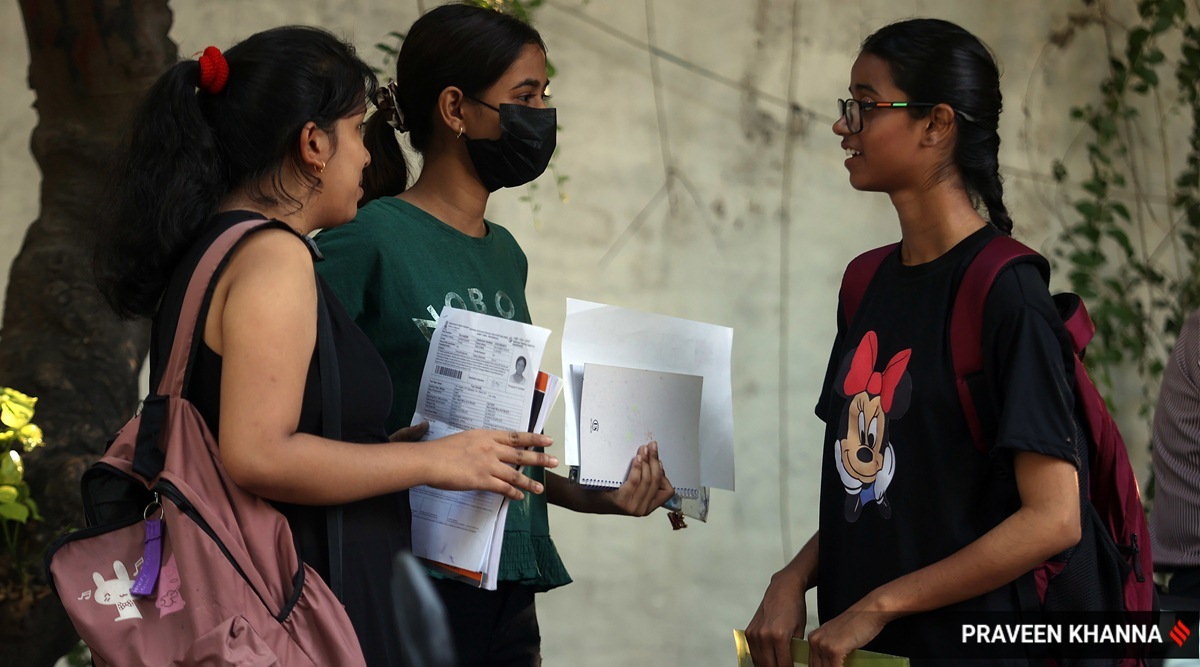 DU V-C Yogesh Singh said that the university is likely to conduct at least three rounds of allocation and will conduct more if required. (Express file photo by Praveen Khanna)
DU V-C Yogesh Singh said that the university is likely to conduct at least three rounds of allocation and will conduct more if required. (Express file photo by Praveen Khanna)67 colleges, 79 undergraduate programmes, 206 different BA programme combinations, around 5,000 possible programme-college combinations and potentially 6.14 lakh aspirants — the Common Seat Allocation System for (CUET) admissions will be no small task for Delhi University.
Because of the novelty of the process, while the university opened registrations on Monday, it has not issued a definite timeline or date list for the rest of the process. Vice-Chancellor Yogesh Singh said the aim is to start the academic year for newly admitted students on November 1, which is a tight deadline given the many steps and processes ahead in the admission process.
“We will start classes on November 1. We have a mandate of conducting 90 days of teaching in each semester and exams will be conducted after that. The semester is delayed because of multiple reasons, not just the CUET. There is also an impact of Covid. We will try to rectify this over the course of the year. We will do away with vacations, including summer vacations. We will try to make up in a year,” said Singh.
The university has not notified a last date for registering to the CSAS portal or a date for the commencement of the first round of allocations, but the V-C has stated that candidates will be given around three weeks to register and the first round of allocations is likely to begin by October 10.
While students will now begin registering for DU, 6,14,000 candidates had indicated DU as a preference while filling the National Testing Agency’s form to register for the CUET.
University officials have encouraged candidates to fill in a “maximum number of college-programme” combinations to maximise their chances of being allotted a seat. With the large number of colleges and programmes combinations available, students could potentially choose thousands of different preferences.
With the option for admitted students to choose to ‘upgrade’ their allocated seats to a higher preferred course-college combination, V-C Singh said that the university is likely to conduct at least three rounds of allocation and will conduct more if required.
This year, the university will also conduct physical trials for sports and ECA admissions. There is no definite set of dates for this either, but the trials will be conducted after the third round of allocations.
After admissions are concluded through the CSAS process, if there are still some vacant seats, the university will conduct spot admission rounds if required. Candidates who were not admitted to any college through the CSAS process can participate in this. For every spot admission round, the university will display vacant seats of each programme and a candidate will be able to select only one programme. Allocations will be done based on availability, programme-specific merit, order of preference of college and category of the candidate.
